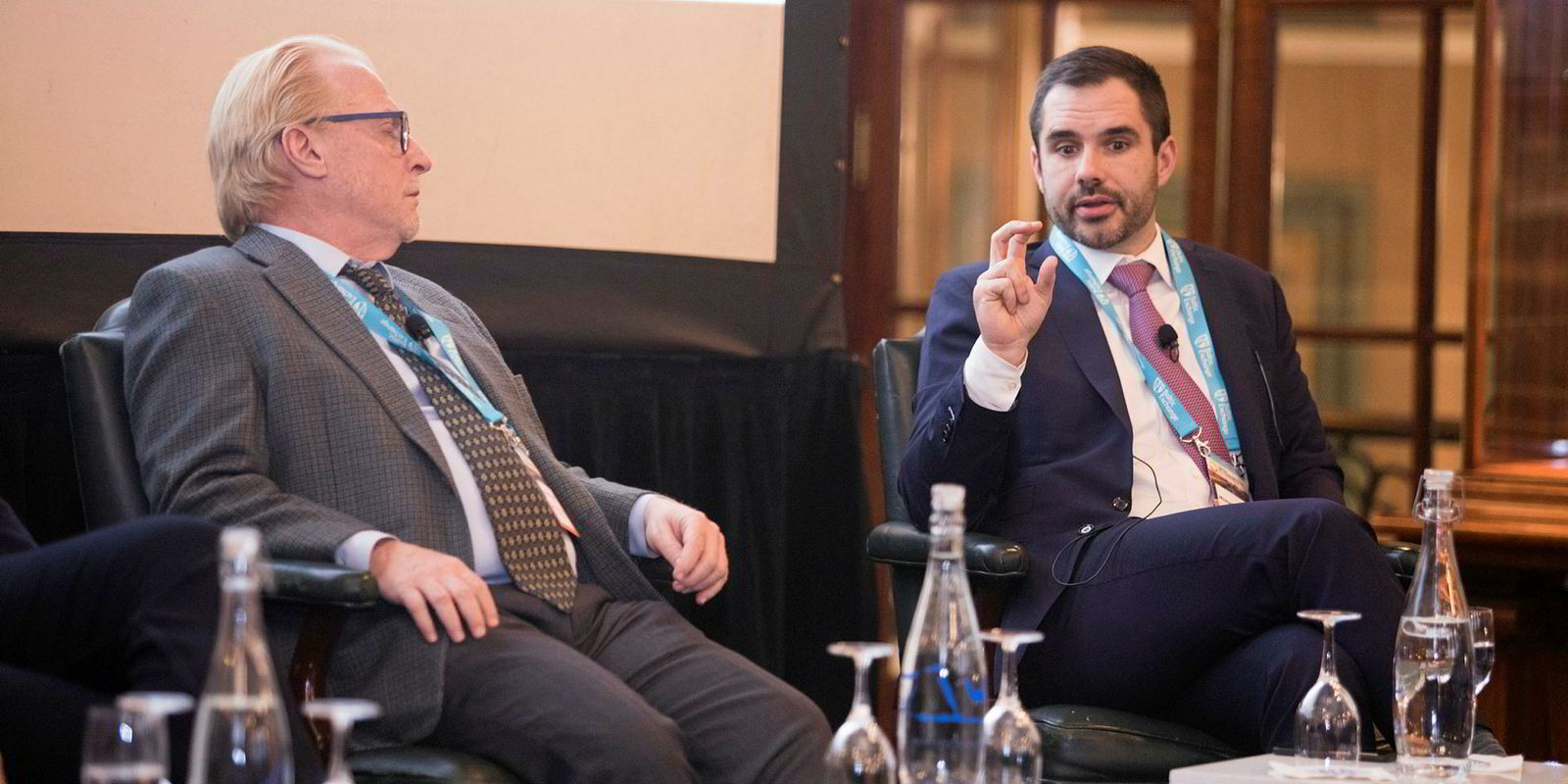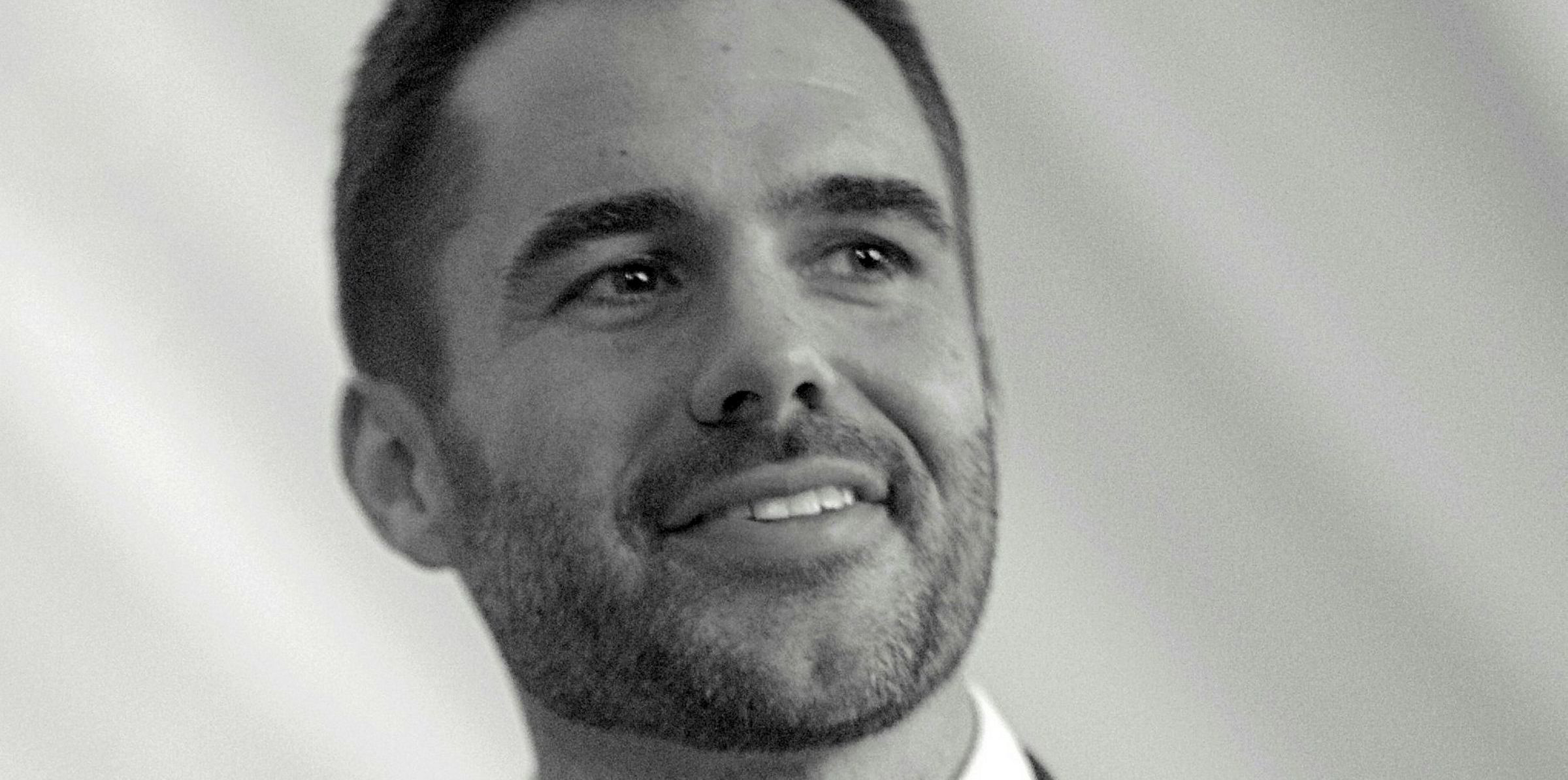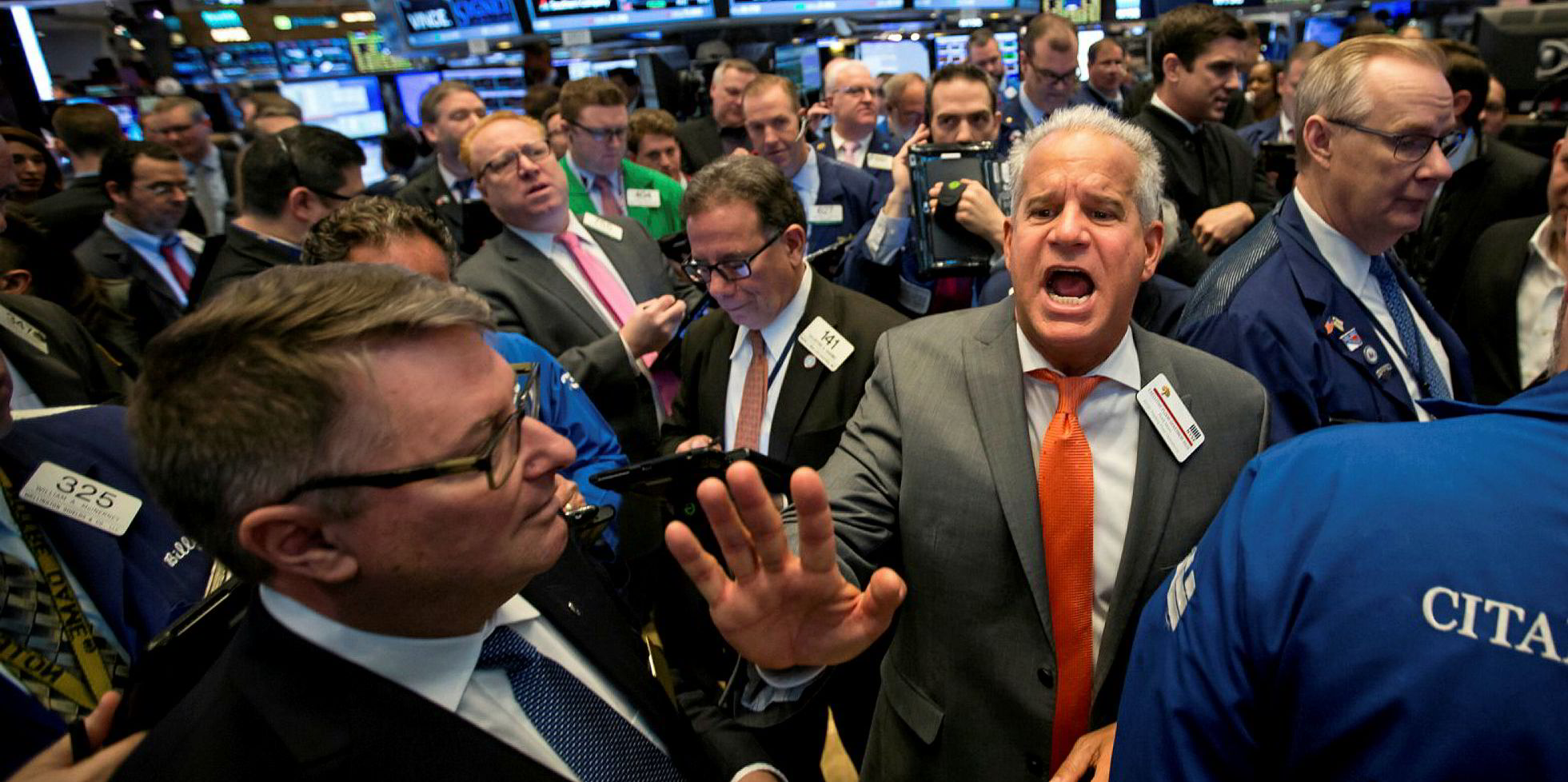One of shipping's top equity analysts has responded to what he claims may be an overly "dour" view of his profession in the wake of US bank Seaport Global’s decision earlier this month to cease sector coverage.
Michael Webber of Wells Fargo Securities says that while he shares some of the concerns expressed by fellow analysts anonymously in a TradeWinds article last week, he believes the outlook may be brighter than some suggest.
“Regarding Seaport Global, it’s definitely a reality check in terms of the viability of certain kinds of platforms, and the fact that there’s less business across the entire space, not just higher profile IPOs [initial public offerings],” Webber told TradeWinds.
He had kind words for long-time analyst Magnus Fyhr, who parted ways with Seaport Global as the bank dropped 22 shipping names.
Raising an eyebrow
“Magnus is respected and really well liked by both investors and corporates, which is something that became very obvious very quickly while competing with him," Webber said. "So you add that to [the] mix, and it certainly makes you raise an eyebrow.”
Webber has a strong perspective on industry coverage as the creator of a corporate governance scorecard that reflects investors’ concerns over shipowners’ poor governance practices.
He also has been voted shipping's top analyst four years running by Institutional Investor magazine.
“From a research perspective, both the capital markets and the job have certainly become more difficult," he said. "Evolving your coverage model used to be a way to differentiate, and now it’s simply a requirement."
As TradeWinds has reported, most shipping analysts — including some who once limited their coverage to the traditional sectors of tankers, bulkers and containerships — have expanded into LNG or other transport sectors such as trucking, rail, airlines and logistics.
I don’t believe it’s quite as dour as some suggest. If you look at other tangential sectors, there’s a similar pressure and similar evolution
Michael Webber
Echoing a comment from one analyst, Webber said: “Adapt or die is right.”
But he has some differences with those who fear that Seaport Global’s actions may be a harbinger for further pullbacks.
Adapt or die
“I don’t believe it’s quite as dour as some suggest," Webber said. "If you look at other tangential sectors, there’s a similar pressure and similar evolution.
“You can’t just cover trucks anymore, you need rail and airfreight and logistics. In that sense, covering shipping and moving up and down the supply chain — be it into LNG, refiners, transports and others — makes sense.”
Analysts need to adapt for another key reason, he suggested.
“What gets lost in all of this is the reason why the model has changed, and that’s because our buy-side clients have changed," he said. "They’re less siloed and covering more verticals, so the sell side is evolving as well. Over a 10 or 12-year stretch, that’s pretty normal.”
Some have pointed to other factors, such as the relatively small market capitalisation of shipping stocks, poor trading liquidity, governance woes and the chronic tendency of owners to oversupply the market through indiscipline in ordering.
They have questioned whether there has been a more fundamental turn against the sector, but Webber does not seem to be buying into that.
Shipping matters
“Shipping still matters and people still care, but the interest is more thematic — given areas like LNG and IMO 2020 — than it used to be," he said.
“And that’s OK, unless you’re used to standing still. The fact that the model has to evolve — that everyone has to be sharper and work harder and learn more — may not be particularly fun sometimes, but it’s also probably a lot healthier than the alternative.”






